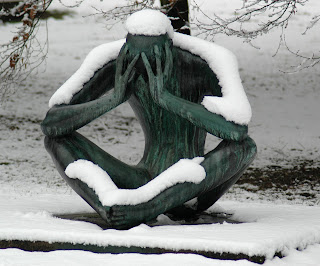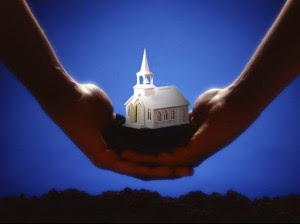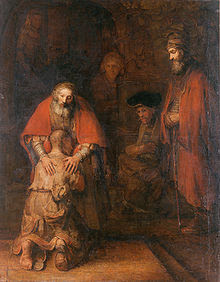The Bird of Dawning Singeth All Night Long

This Christmas I was moved by the words of Frederick Buechner. For my last blog of the year I offer to you his wisdom rather than my own ramblings. I hope it does for you what it continues to do for me. Frederick Buechner says in his book The Faces of Jesus: On the dark bulwark of Elsinore, Shakespeare has Marcellus and Haratio reflecting on Christ in the opening scene of Hamlet: Some say that ever ‘gainst that season comes Wherein our Savior’s birth is celebrated, The bird of dawning singeth all night long; And then, they say, no spirit dare stir abroad, The nights are wholesome, then no planets strike, No fairly takes, nor witch hath power to charm, So hallowed and so gracious is the time These lines from the first scene of Hamlet in a sense say it all. We tend to think time is just progression . . . as moment following moment, day following day, in relentless flow, the kind of time a clock or calendar measures. But we ...


















